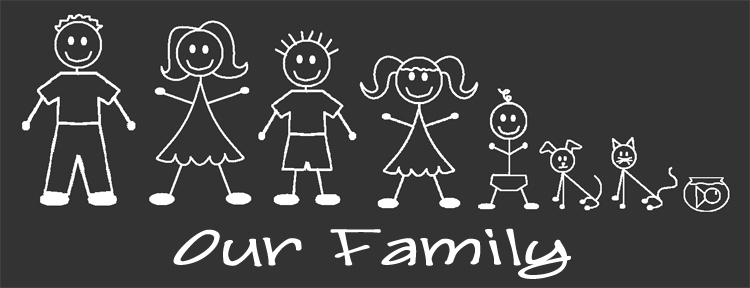
A post for Love Your Body Day.
Krista, Debbie, and Diego sent in the following commercial for FreeScore. It nicely illustrates our bias against men who don’t live up to idealized standards of masculinity. That is, men who are short, bald, and soft.
Like a bad credit score, men who aren’t young and handsome are a total drag. Klutzy, a potential serial killer, afraid to stand up for himself… his pain is our last laugh. Disgusting.
Lisa Wade, PhD is an Associate Professor at Tulane University. She is the author of American Hookup, a book about college sexual culture; a textbook about gender; and a forthcoming introductory text: Terrible Magnificent Sociology. You can follow her on Twitter and Instagram.









